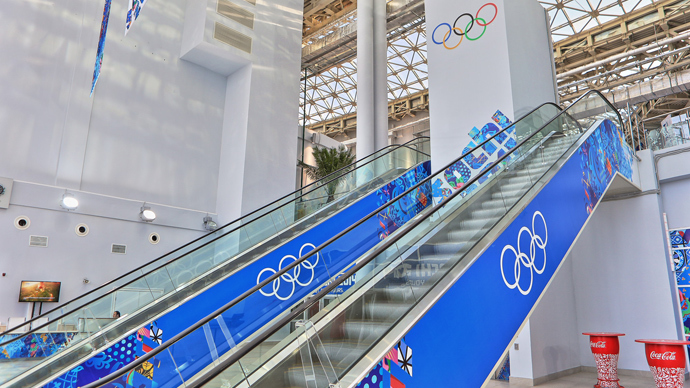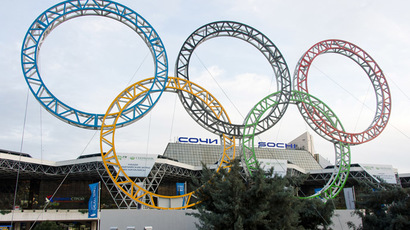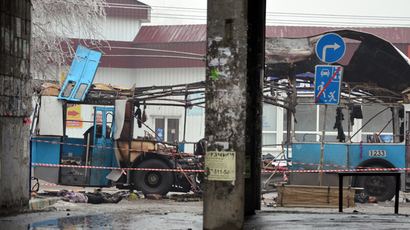Duma calls on parliamentary assemblies to support Olympic Armistice

With the Sochi Games looming, the Russian Lower House has approved an address to the world’s parliaments asking them to look for crisis-solving solutions that exclude violence and conflicts.
The address was presented by Lower House speaker, Sergey Naryshkin, who emphasized the fact that apart from traditional calls for support in spreading the Olympic ideals, the document listed the most acute challenges of modern times – the conflicts caused by ethnic and religious strife and also conflicts between states.
“In February and March 2014, when Sochi will host the Olympic and Paralympic games, there must be no place in the world for violence, terrorist attacks and any manifestations of hatred and hostility,” the Russian plea reads. “The promotion of the values and ideals of the Olympic Armistice must bring hope to the homes of those who may now become victims of internal conflicts or terrorist acts, who suffer from humanitarian disasters, from drone attacks and ethnic cleansings, from all hardships caused by wars and clashes,” the address says.
Regardless of repeated calls for peace and unprecedented security measures, attempts to disrupt the Sochi Olympics continue. Earlier this week athletes from Germany, Italy, Hungary and Slovenia received emails with threats of terrorist attacks. Sports officials forwarded these messages to the law enforcement bodies of their countries, and also addressed their concerns to the Russian authorities and the International Olympic Committee.
The secretary general of the International Olympic Committee, Bence Szabo, told reporters that his colleagues had received similar messages but expressed hope that such incidents would not prevent the athletes from attending the games.
The head of the Russian Olympic Committee, Aleksandr Zhukov, dismissed the threats as provocations and recommended foreign athletes and sports executives to ignore them. “All necessary security measures have been taken. Security will be provided,” the official noted.
President Vladimir Putin personally said at a TV interview in mid-January that the guests of the Sochi games had nothing to fear. “The task for us as organizers of these games is to ensure safety of all Olympic participants and the guests of this sports festival. We will do everything to achieve this,” the Russian leader said. Putin also promised that the security measures would not be annoying, and even that they would be quite unobtrusive.
In a more recent TV interview, Prime Minister Dmitry Medvedev also expressed confidence that Russia will be able to ensure safety at the Olympics. “We are absolutely sure that we will be able to protect all athletes at the Olympics and I will repeat it, we will do our best to host the Olympics very well,” he stated. “Frankly, there are no more threats to the Olympics in Sochi than there are to Olympics in other places. The world is global. We know about the sad events that have taken place at sports events in other countries, including the United States, and it is unjust and wrong to say that all threats now concentrate around Sochi,” he said.
The Prime Minister added Russian and US special services have reached a good level of cooperation in providing security at the forthcoming Olympics.














